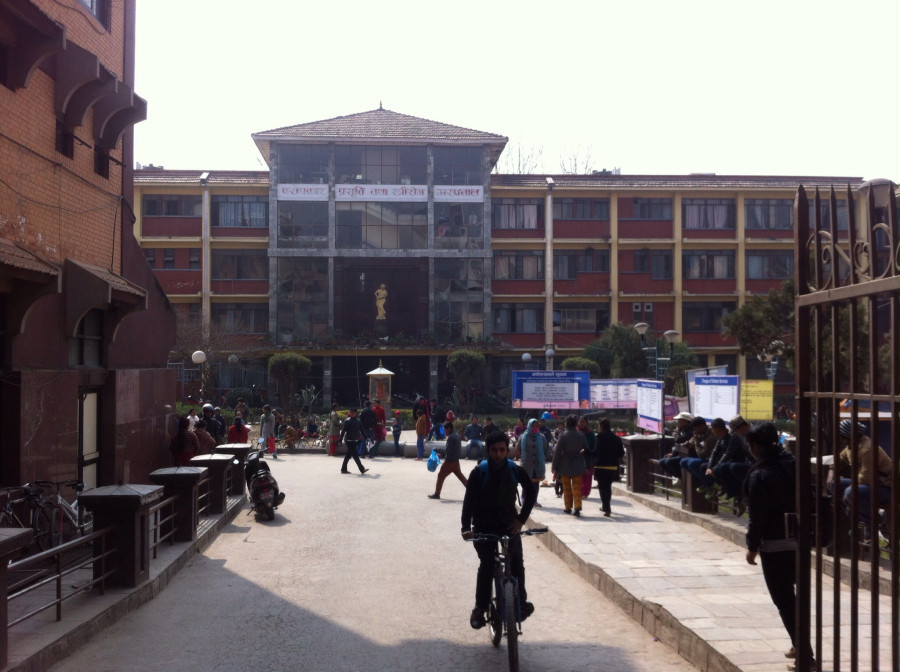Health
Thapathali maternity hospital plans to expand its birthing unit
Doctors say women in labour prefer the presence of their husbands or close relatives by their side.
Arjun Poudel
The Thapathali-based Paropakar Maternity and Women’s Hospital plans to expand its birthing unit so that more women can have their husbands or family members by their side during labour and child delivery. Most women say they want their husband or a close relative to be present with them during such conditions.
Officials at the hospital said they will expand the beds at the birthing unit to 20 from the existing 10.
“Service at the birthing unit is popular and the satisfaction level is very high,” said Dr Shree Prasad Adhikari, director at the hospital. “We are searching for donors to develop the infrastructure. The service will be expanded immediately after the infrastructure is set up.”
The hospital has run a 10-bed birthing unit for the last seven years. A husband or a close relative can accompany the woman in labour and during child delivery at the birthing unit. Such service is not available at the hospital’s labour room and most other maternity hospitals in the country, including at the hospital’s emergency ward, where dozens of women give birth every day.
Around 60 to 80 women deliver babies at the Thapathali hospital each day.
“When the women in labour have their husbands by their side, they feel more secure and confident,” said Adhikari. “We have found a positive response from most women when accompanied by their spouse or a close relative during labour and delivery. Even if some complication happens to the newborn or the mother, they do not complain or point fingers at health workers.”
Poor quality care, mistreatment, abuse, and disrespect during labour and childbirth at emergency and labour rooms of state-run health facilities by health workers are common complaints of many service seekers. The lack of sufficient trained health workers in state-run maternity centres is blamed for most of the problems.
Maternal health experts say that the accompanying spouses and relatives encourage the women throughout their labour and assure them that everything will be alright.
Studies also show that women who received support from their spouse and close relatives during labour and delivery typically experience shorter labour durations and better ability to manage pain.
“Pregnancy and child delivery are not only concerns for women but also for entire family members, especially husbands,” said Dr Paban Sharma, a consultant gynaecologist at Patan Hospital. “So every member of the family should shoulder the responsibility, and the role of husband and close relatives becomes even more important during this time.”
Patan Hospital was the first to start a birthing unit in the country, according to Sharma. However, due to various reasons, the hospital suspended this service, which was resumed around a year and a half ago.
“The labour rooms in our health facilities have been designed in a manner where several women have to give birth simultaneously in a shared room,” said Sharma. “Therefore, to ensure the privacy of other women, male family members and relatives are not allowed to stay with women in labour.”




 9.83°C Kathmandu
9.83°C Kathmandu















